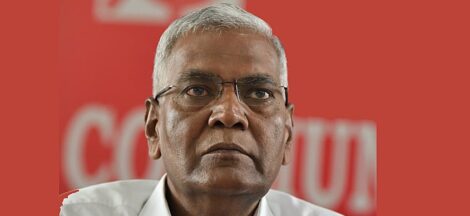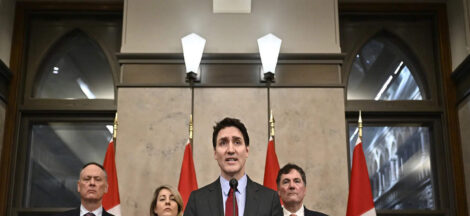NEW DELHI: Competitive politics saw UPA ally DMK and political rival AIADMK on the same side, trying to corner the Congress-led UPA government over the issue of atrocities against Sri Lankan Tamils.
For a second day in a row, proceedings in both Houses of Parliament were disrupted as both parties demanded that India support a US-backed resolution against Sri Lanka at the United Nations Human Rights Council session in Geneva. The government, however, remained steadfast and refused to give into their demands. The Tamil parties, along with the Left, made it clear that they were not satisfied with the government’s “constructive engagement” approach articulated by external affairs minister SM Krishna’s.
In the Rajya Sabha, AIADMK walked out after tearing up copies of the minister’s statement. “The moral responsibility first lies with the Indian government… We want an assurance that India will support that resolution in Geneva,” said DMK’s Tiruchi Siva. CPI’s D Raja said India, as Sri Lanka’s neighbour, should have moved the resolution, not the US.
In the Lower House, DMK members rejected Krishna’s statement. DMK MPs TR Baalu, TKS Elangovan and Abdul Rahman staged a walk out after terming the minister’s statement as “unsatisfactory”. UPA ally VCK MP Thirumaavalavan walked to the well of the House and tore Krishna’s speech. Parliamentary affairs minister Pawan Bansal was seen pacifying the MP. He returned to his seat as seven AIADMK MPs and one CPI MP walked into the well and started raising slogans in Tamil. The House was adjourned to restore order.
For the most part Krishna reiterated the position articulated by Prime Minister Manmohan Singh in his letter to Tamil Nadu chief minister and AIADMK boss J Jayalalithaa and DMK chief M Karunanidhi. The prime minister had already indicated that the Centre was not going to accede to their demands. Instead it would continue to “engage” the Sri Lankan government to ensure that allegations of rights abuses against Tamils are investigated and normalcy restored in Tamil-populated areas.
Wednesday’s statement in Parliament by Krishna was a reiteration of this position. He stressed on the positive outcome of India’s policy of “constructive engagement” and “considerable assistance programme”. The minister said that this approach resulted in the beginnings of a “modicum of normalcy” returning to the Tamil areas in Sri Lanka. “There has also been progress given the withdrawal of emergency regulations by the government of Sri Lanka and the conduct of elections to local bodies in the Northern Province of Sri Lanka.”
Responding to allegations of human rights violations, including the Channel 4 documentaries, raised by MPs, Krishna said that “it is the responsibility of the Sri Lankan government to investigate and inquire into them through a transparent process.”
The minister said that as far as the US-initiated resolution was concerned, New Delhi was “engaged with all parties in an effort to achieve a forward-looking outcome that is based on reconciliation and accountability rather than deepening confrontation and mistrust between the concerned parties.”
“A view on this issue will be taken as and when the time is finalised for consideration of the draft resolution on Sri Lanka in the UN Human Rights Council,” he said.


